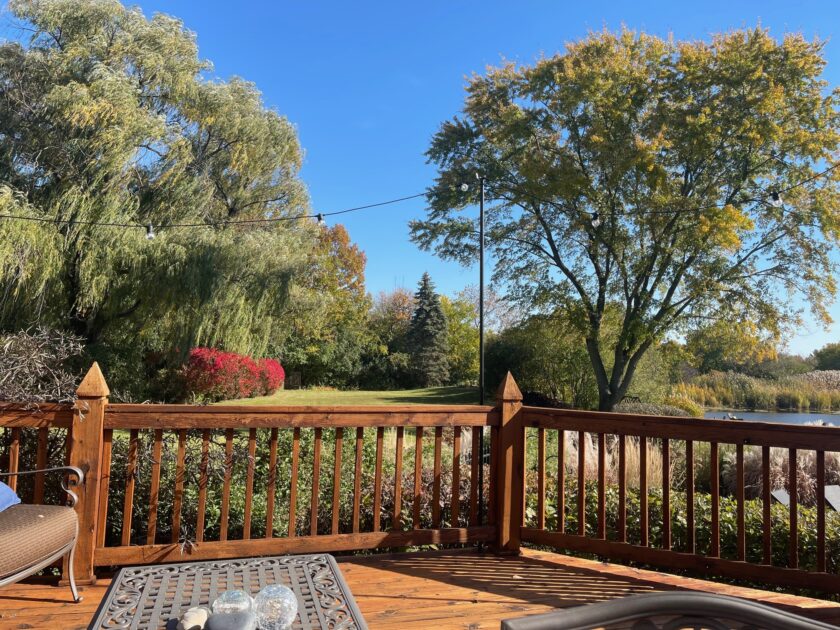Gone are the days of George Constanza faking a house in the Hamptons. (Seinfeld). No need to drive out to see if a house exits, just look up the address on the Internet. Real estate (Zillow, Redfin, Realtor), property tax (County) and navigation sites (Google Maps, MS Bing Maps) will provide every detail.
Your private sanctuary is not so private anymore.
Online real estate is the convergence of digital technology and public records. Depending on the County you live in, most provide an online search engine for the street number, address name or property owner that will return assessor value, building and land data along with an enhanced map and satellite view. Going to the County public records office was the barrier to search for property information. Now there isn't any, not even a login and password.
The County we now live in provides large amounts of public information including a GIS website that will map out your neighborhood with addresses, recorded deed/homeowner names, sale price, how much your property taxes are and paid by whom.
This public information feeds websites like BlockShopper, Clustrmaps as well as the broker websites I've mentioned in prior posts.
Plus, how many deliveries do you get now from Amazon, Walmart, Target, restaurants, only to name a few.
How do you limit this information?
You can list and sell your home privately, but some Counties still list the homeowners' names on the deed recording and your name and address may be published in a local newspaper of recent properties sold.
There are ways attorneys can help you transfer the property into an entity that will be listed on the deed instead.
As for removing pictures and videos from real estate websites, the best way is to request this in the sales contract. This never occurred to me and was the last thing I was thinking about when negotiating a home purchase and sale. Since then, I've requested our home photos be removed from each individual listing site which is far more time consuming but possible.
Your private sanctuary now needs to be a secure one.
Get outdoor cameras, turn on the notifications and know how to use the apps for playback. We didn't have these before our house was robbed 10 years ago. The year before we moved, our neighbor's car was broken into, window smashed for a mere phone charger. I found the recorded footage on our DVR and my vehicle was the initial target, but the thief did a 180 when he spotted our cameras.
Get a security system, automated locks and indoor/outdoor smart lights with automated schedules.
Use strong password protection - unique for each system that doesn't contain references to your address, significant dates or names.
Make sure ALL your doors and windows lock. Our new house had many windows that no longer locked.
Get to know your neighbors and neighborhood. One recently told me that if an unfamiliar vehicle was following her, she would drive around the cul-de-sac away from her house so they wouldn't know where she lived. I used to do that but have become complacent. Could it be a false sense of security having a smartphone and 360 cameras on my vehicle?
Be mindful sharing on social media with pictures/videos of or in your home, of your family showing personal information or valuables. The same goes for video conferencing for work.
Hire reputable contractors and home professionals - research online (due diligence) and read the negative reviews.
Build-in redundancy. Doorbell and spotlight cameras like Ring are great for motion alerts, but when you need actual real-time footage, mounted cameras with DVR playback are better.
Get a dog or a dog barking device.
Improve your situational awareness. Pay attention to what happens around you in your neighborhood and community.
Welcome to another rabbit hole! When was the last time you did an online search of your home address?
Want To Keep Your Home Address Private? Here's How (realtor.com)

